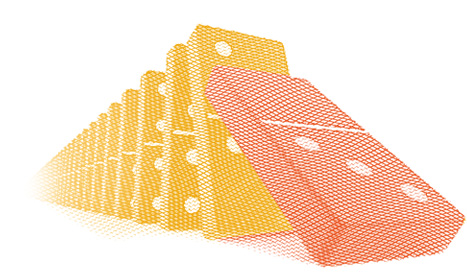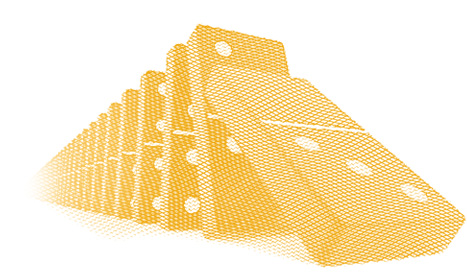

Customer has a job to be done and is seeking to "hire" the best product or service to do it. This means that you need to understand the jobs that arise in customer lives for which your products might be hired. When you’re starting to design a new product, or redesigning an existing one, the most important thing you can do is validate that the problem you are trying to solve is meaningful, important, and shared by a large enough group of people that a solution is likely to succeed in the market. If your product or service doesn't address an identifiable problem, need or want, why would anyone spend money on it?


You need to be clear about how your product is unlike other competitors. If your idea is not clearly defined, people may have a "been there, done that" view of it. Try to look at competitors in a market and try to reverse-engineer their success, find their weakness and how you can make things better, faster, cheaper.


You don’t want to waste your time and money building a product no one will want to use or pay for. So, first get out of the building and talk to your customers. But there’s a world of difference between talk and action. What your customers say, and what they eventually do. Don't wait until you've officially started your business to line these up, because your business can't survive without customers. Do the networking. Make the contacts. Imitate your desired product functionality. Put up a front that looks like a real working product, but you manually carry out product functions. Just find out what your customer needs and if he is willing to pay for it.


You can’t be everything to everybody. This is the value of the single featured MVP. Chances are that if you cannot find that one killer feature that can stand on its own – at least in with early users – adding more features will not make the product a must have. Emre Sokullu in a Tech Crunch post points out that some of the most successful applications started out with a simple feature e.g. Google and Dropbox.


If we build something, we better be able to measure the impact and learn from it. If we can’t, we have to really question why we’re building it, because it’s going to be hard to know if we’re right, wrong or somewhere in the middle. Every task should have a goal and methods to track the progress - set of values that can be compared: income, bounce rate, happiness of the customer and etc.


Growing from 1000 user to 1 000 000 doesn't happen in one day. Don't try to solve problems that may never appear. In a startup environment, you have to be able to do the best with what you have. This is certainly a key factor, especially in the early stage of a startup. Any time you can save on an activity which you haven’t yet validated as beneficial is worth doing manually until you can no longer do it manually.


Everyone has seen a domino fall – that one flick of a finger that creates an amazing chain reaction. But, did you know that one regular sized domino can actually knock over a chain of progressively larger dominoes? It’s actually the smallest thing that does the most. So when you determine what your first domino is and knock it over, the impact of your action will create a higher level of success. Build a big vision, then zoom in to a narrow focus to only one small step that you can do next and do it.


Let’s face it—when you can afford it, building an in-house team is great way to grow your startup. Unfortunately this is an assumption; all in-house teams don’t operate the same. Many first-time entrepreneurs often struggle in this regard, and end up hiring the wrong founding team. Hire experienced team, that have already done work together and can find the right path to build your product or service. Need one? Hire us!




